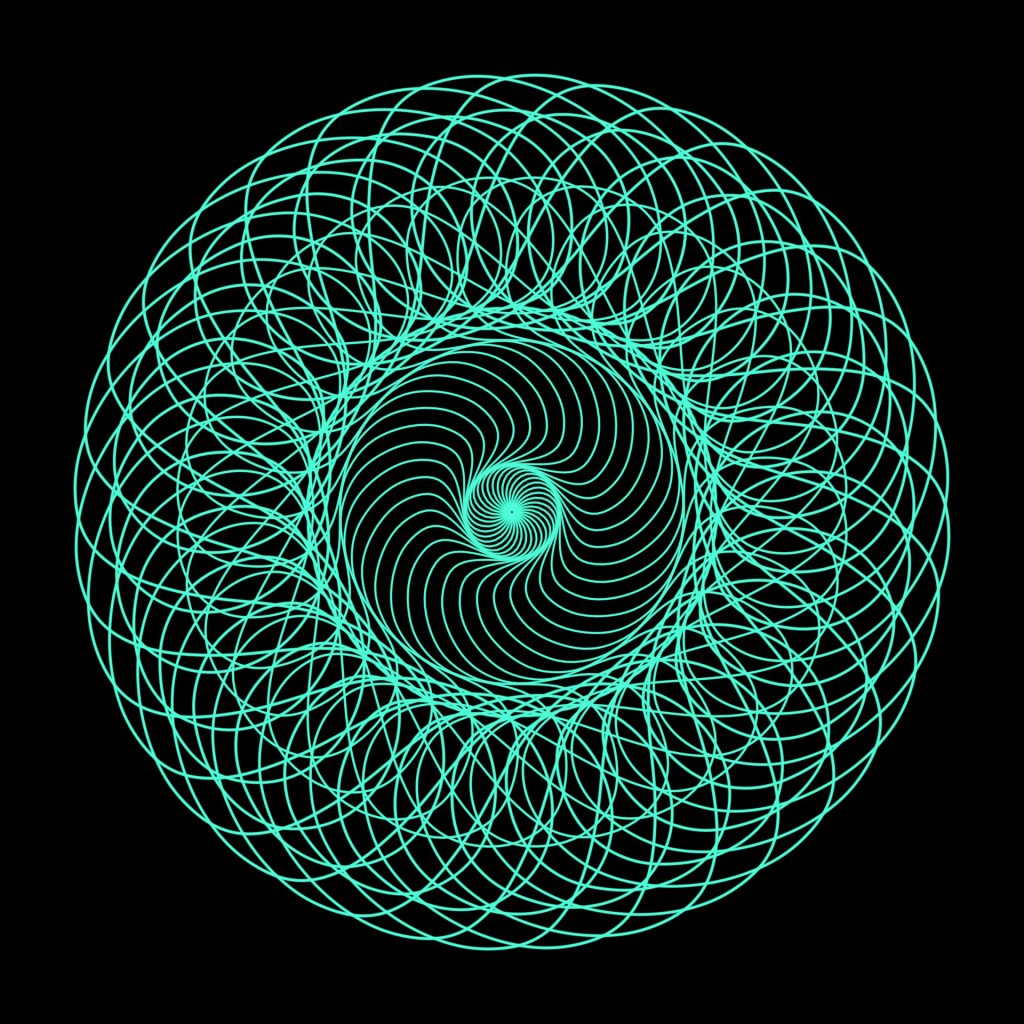Hypnotherapy for depression may sound like science fiction, but several studies have shown that it does work. This form of treatment may not help a subset of people suffering from clinical depression, so discuss this option with your psychiatrist or medical doctor.
Studies show that hypnotherapy is an effective treatment for depression when used in conjunction with anti-depressant medication. The type of depression suffered by these subjects was major depressive disorder (MDD), dysthymic disorder and bipolar II disorder. Additionally, it is important to note that many of the studies looked at using hypnotherapy as an adjunctive treatment to anti-depressant medication. In other words, it was used as a supplement, not as a replacement for the prescribed medications. Additionally, the delivery method varied from study to study and included face-to-face sessions with a therapist up to three times weekly for four weeks, a group setting with sessions twice weekly for four weeks, and individual sessions over the telephone.
Although the methods used to utilize hypnotherapy in treatment varied, several commonalities can be used to ascertain its efficacy as a depression-treating tool. First of all, it is important to recognize both state-induced and trance-induced forms of hypnosis. State-induced hypnotherapy occurs when a person is in the hypnotic state but not necessarily in a trance. Trance-induced hypnotherapy occurs during what many people consider a “deep” or “true” form of trance. Most experienced therapists can induce both, but this may vary depending on the therapist.
A person in a trance is less aware of their surroundings than in state-induced hypnotherapy, but both states can be effective depending upon the issues being addressed. A typical session may include visualization exercises, positive affirmation, and examination of emotions. During this type of treatment, it is not uncommon to uncover repressed memories, which may be why many forms of hypnotherapy for depression work.
Hypnosis has been used successfully to treat a number of psychological disorders, including anxiety and various addictions such as those caused by smoking, drinking, and drug use. If you want to get hypnotherapy for depression, the first thing to know is that you can get it from several sources. You can get hypnotherapy for depression from your medical doctor or psychiatrist; you may even know of somebody who has tried this form of treatment.
Another way to get help is through an organization like the American Society of Clinical Hypnosis (ASCH), which provides various resources, including locating certified therapists in your area. Finally, you can do a search on the Internet and find several sites that offer hypnotherapy for depression.










